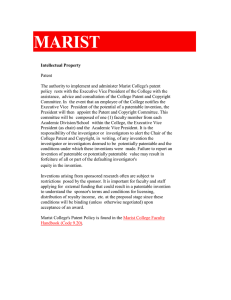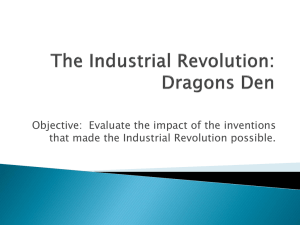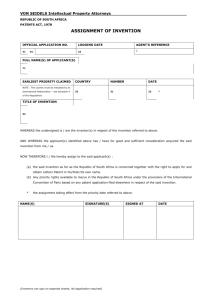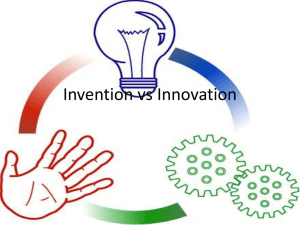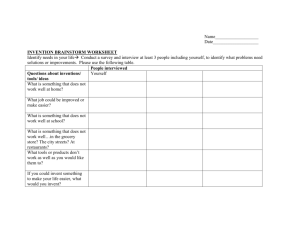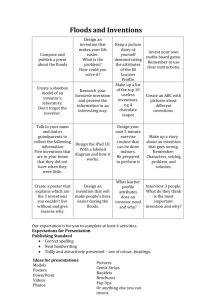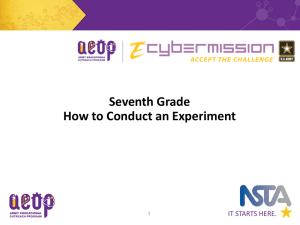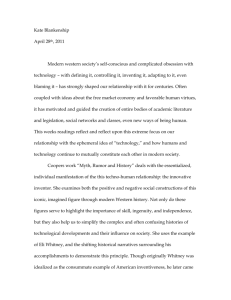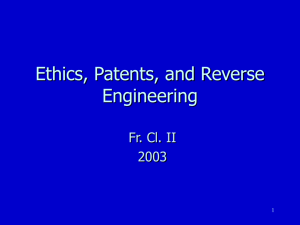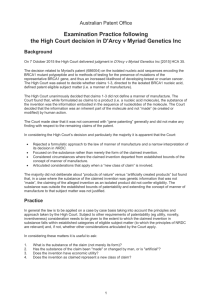Paul Zaremba
advertisement
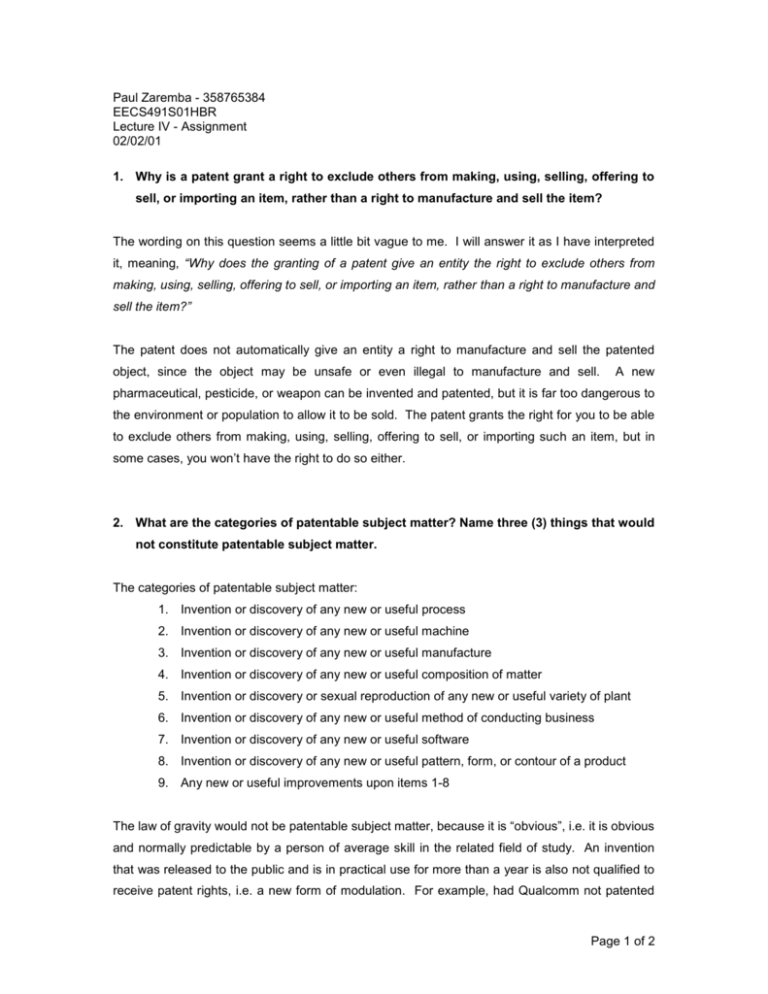
Paul Zaremba - 358765384 EECS491S01HBR Lecture IV - Assignment 02/02/01 1. Why is a patent grant a right to exclude others from making, using, selling, offering to sell, or importing an item, rather than a right to manufacture and sell the item? The wording on this question seems a little bit vague to me. I will answer it as I have interpreted it, meaning, “Why does the granting of a patent give an entity the right to exclude others from making, using, selling, offering to sell, or importing an item, rather than a right to manufacture and sell the item?” The patent does not automatically give an entity a right to manufacture and sell the patented object, since the object may be unsafe or even illegal to manufacture and sell. A new pharmaceutical, pesticide, or weapon can be invented and patented, but it is far too dangerous to the environment or population to allow it to be sold. The patent grants the right for you to be able to exclude others from making, using, selling, offering to sell, or importing such an item, but in some cases, you won’t have the right to do so either. 2. What are the categories of patentable subject matter? Name three (3) things that would not constitute patentable subject matter. The categories of patentable subject matter: 1. Invention or discovery of any new or useful process 2. Invention or discovery of any new or useful machine 3. Invention or discovery of any new or useful manufacture 4. Invention or discovery of any new or useful composition of matter 5. Invention or discovery or sexual reproduction of any new or useful variety of plant 6. Invention or discovery of any new or useful method of conducting business 7. Invention or discovery of any new or useful software 8. Invention or discovery of any new or useful pattern, form, or contour of a product 9. Any new or useful improvements upon items 1-8 The law of gravity would not be patentable subject matter, because it is “obvious”, i.e. it is obvious and normally predictable by a person of average skill in the related field of study. An invention that was released to the public and is in practical use for more than a year is also not qualified to receive patent rights, i.e. a new form of modulation. For example, had Qualcomm not patented Page 1 of 2 its CDMA chipset, and sold it to the general public, after one year expired, they would not be able to obtain a patent for the chipset. If a pharmaceutical company is researching a new drug, and then abandons the research during the clinical trial phase to explore other more profitable avenues, the drug that was being developed would not be subject to a patent right, since the research was abandoned. 3. Explain in one paragraph why, in your judgment, it is important to sign an invention rights agreement with your employer upon entering upon employment. Broadly speaking, what should such an agreement provide? If there is no invention rights agreement signed between the engineer and the employer when the employment begins, then any inventions discovered by the engineer will fall implicity under a “shop rights agreement”. Therefore, it would be wise to state, and explicitly agree to an invention rights agreement before beginning employment to cover anything related to inventions. If the engineer develops something on his or her own spare time that remotely relates to their employer’s business, the employer may be able to take the rights for the patent. The agreement should outline what types of inventions are subject to shop rights, and whether the shop rights carry over to inventions and discoveries made by the engineer on their own free time. Page 2 of 2
![Introduction [max 1 pg]](http://s3.studylib.net/store/data/007168054_1-d63441680c3a2b0b41ae7f89ed2aefb8-300x300.png)
